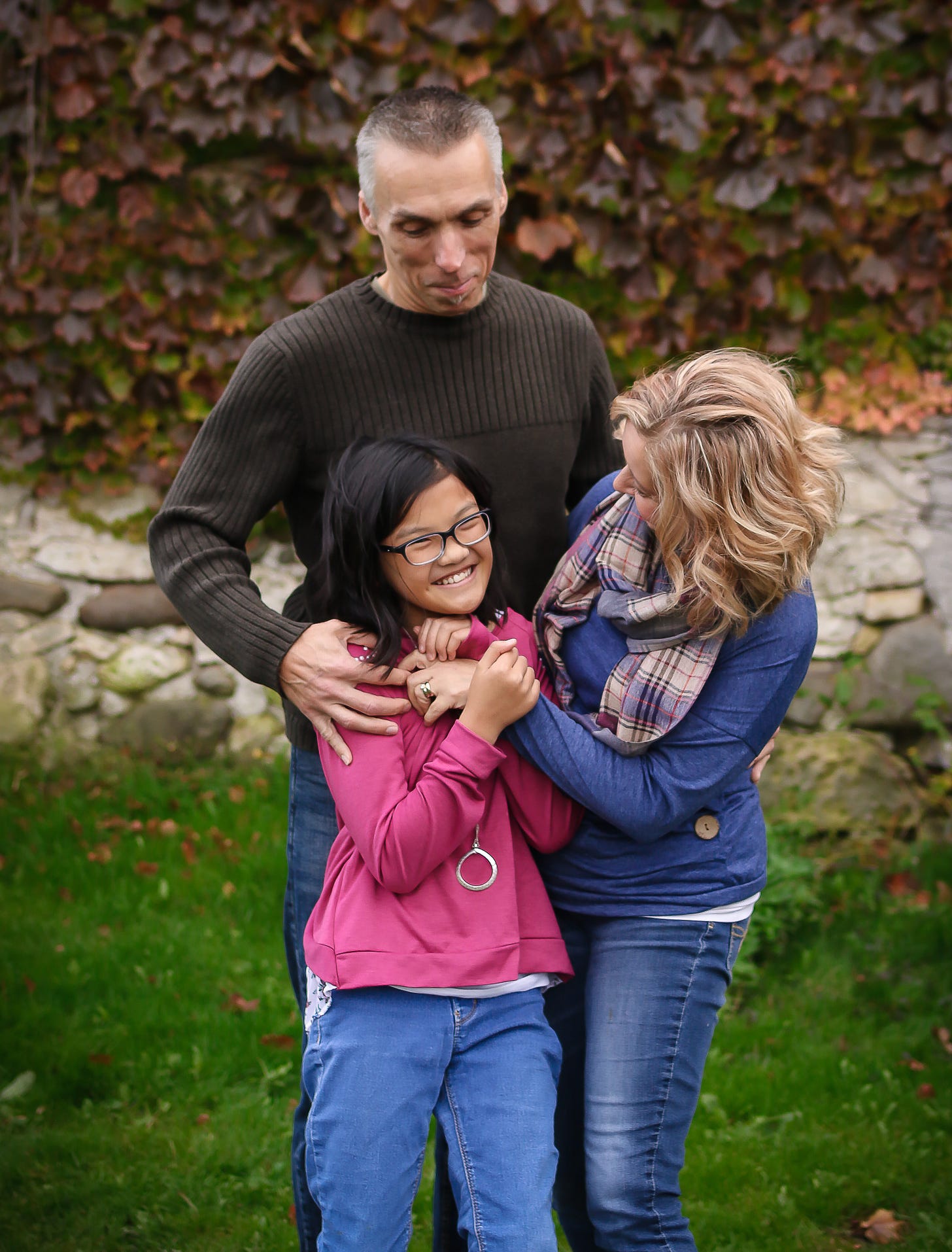When we least expect it, life’s biggest moments often come along to challenge our perceptions and expand our comfort zones.
There’s a joke in the emergency services that we hate two things: change, and the way things are. The relationship we have with change, not just as first responders but as human beings, is a tightrope walk - one that mirrors lessons I’ve learned from adopting a child with spina bifida.
The act of adopting was a catalyst that brought about profound personal growth for both me and my wife. The 5-year wait to bring our daughter home was a journey of contemplation, introspection, and honest conversations with each other and with our adoption counselors.
I recall one such “honest conversation” early in the adoption process, when Kari and I were separated and individually interviewed by our case worker, who asked a number of personally intrusive questions. One question stands out in my memory: “When you and Kari argue, what do you argue about?”
I was straight up: “Probably something stupid that I’m overreacting to.”
Like the saying goes, “know thyself.”
Kari, unbeknownst to me, was asked the same exact question. Her answer? “Probably something stupid that Roy’s overreacting to.”
Nailed it.
We still laugh about it to this day, but each of us giving that same answer highlighted a deeper understanding and acceptance we have of each other’s personalities and flaws. It’s a key ingredient in the bedrock of our relationship, one that has helped us endure through a number changes – including raising a child with lifelong physical and medical challenges.
We hadn’t planned to adopt a child with a physical disability, but there we were wondering what was going to come next and how we were supposed to navigate it. It was uncertain and confusing and a little ambiguous.
Our pre-adoption “flight check” included a mandatory consultation with a nurse who had reviewed what very limited medical information China was able to send from our potential daughter. This nurse, glancing at Mei’s records (which were almost entirely in Mandarin), told us in no uncertain terms not to adopt this child – that she would be an invalid, unproductive and incapable, living a life of persistent pain.
Despite the grim prognosis, the decision to adopt our daughter challenged us to redefine our understanding of fulfillment and capability. And today, I'm grateful to share that most of the pain she endures is probably from my sense of humor. Stepping beyond the familiar to raise our amazing daughter has led to immense growth, for her and for us.
The experience has shown me that true progress and understanding often lie just beyond our initial fears and hesitations – that true advancement as individuals happens when we embrace the unfamiliar and choose courage over comfort.





